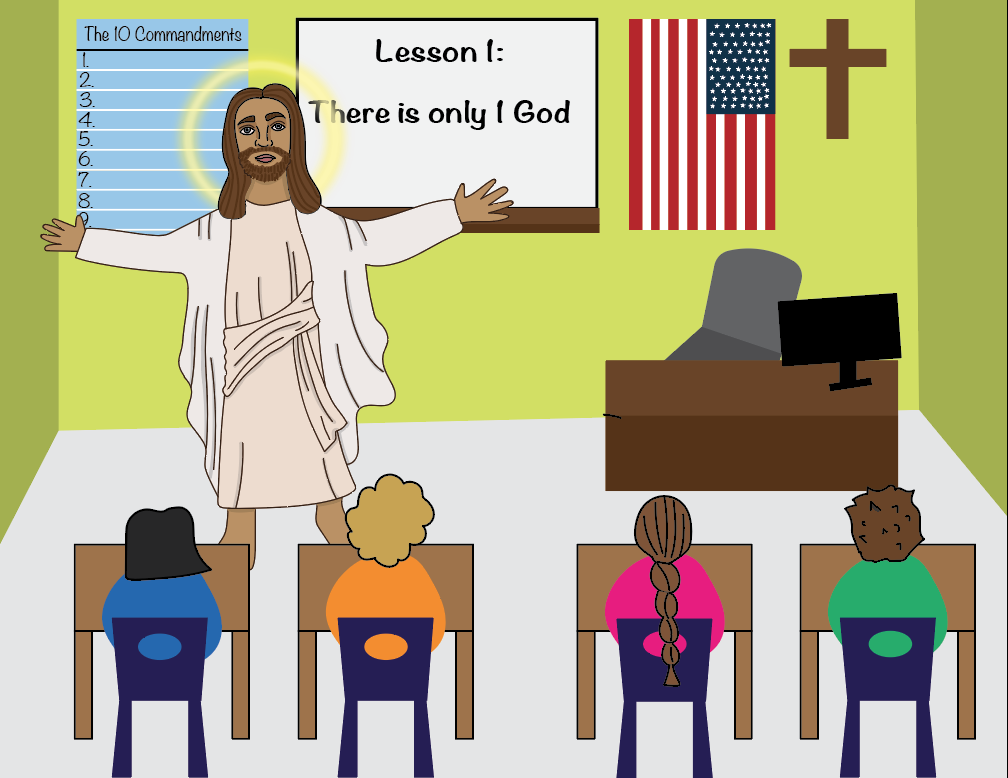The truth about Net Neutrality
March 10, 2018
As of December 14th, 2017 Net Neutrality has been repealed, although effects will not be seen immediately. Net Neutrality is regulation that based on the Open Internet Order ensures that Internet Service Providers (ISPs) allow equal access to internet to everything on the web no matter where it comes from and don’t favor certain websites over others.
“I am open to the idea of Net Neutrality because I am inclined to have safety nets/regulations, however, it must be in moderation,” senior Blake Moyer said. “While I support Net Neutrality, the ISPs should not receive as many regulations as carriers because the internet needs to be re-innovated.”
While Net Neutrality is a controversial and largely debated principle, it is still something that is fairly new and therefore not fully understood by the common person.
“Here’s one way to think about it. I turn my light switch on, but the light takes ten minutes to turn on,” Moyer said. “I find out I can pay ten extra dollars to expedite the process and turn it on instantly even though the electric company had the power to turn it on instantly the entire time. That is basically what a repeal of net neutrality allows.”
Some students feel uneasy at the repeal and what it will mean for the future.
“Net neutrality is keeping the internet safe from corruption in the sense that companies have to offer equality to their users,” senior Avery Helder said. “Honestly I’m terrified of the repeal because then everything people have worked for to offer this world and create for the continence of everyone will be gone.”
Internet speeds and social media platforms are a large concern of the American youth.
“Net Neutrality could have large ramifications for my social life because access could be limited to certain apps, streaming, or messaging,” Moyer said. “Repealing Net Neutrality would make the Internet relabeled as an information utility, so I don’t know if education or research would be really affected.”
Repealing net neutrality has been labeled as a way for the rich to get what they want.
“I think it was repealed because the people who wanted it done away with hire lobbyists who were able to influence Congress,” economics teacher Ruth Narvaiz said. “People with a lot of money get what they want from government.”
Dissatisfaction remains within the public as they demand more citizen involvement in the decision of the repeal.
“I was disappointed with the repeal of Net Neutrality because the lack of public say in the matter,” Moyer said. “The decision was made by five men who were appointed by the President and confirmed by the Senate. Not much say was given to the public on a policy that affects the entire nation.”









Blake Moyer • Apr 16, 2018 at 12:34 pm
nice!